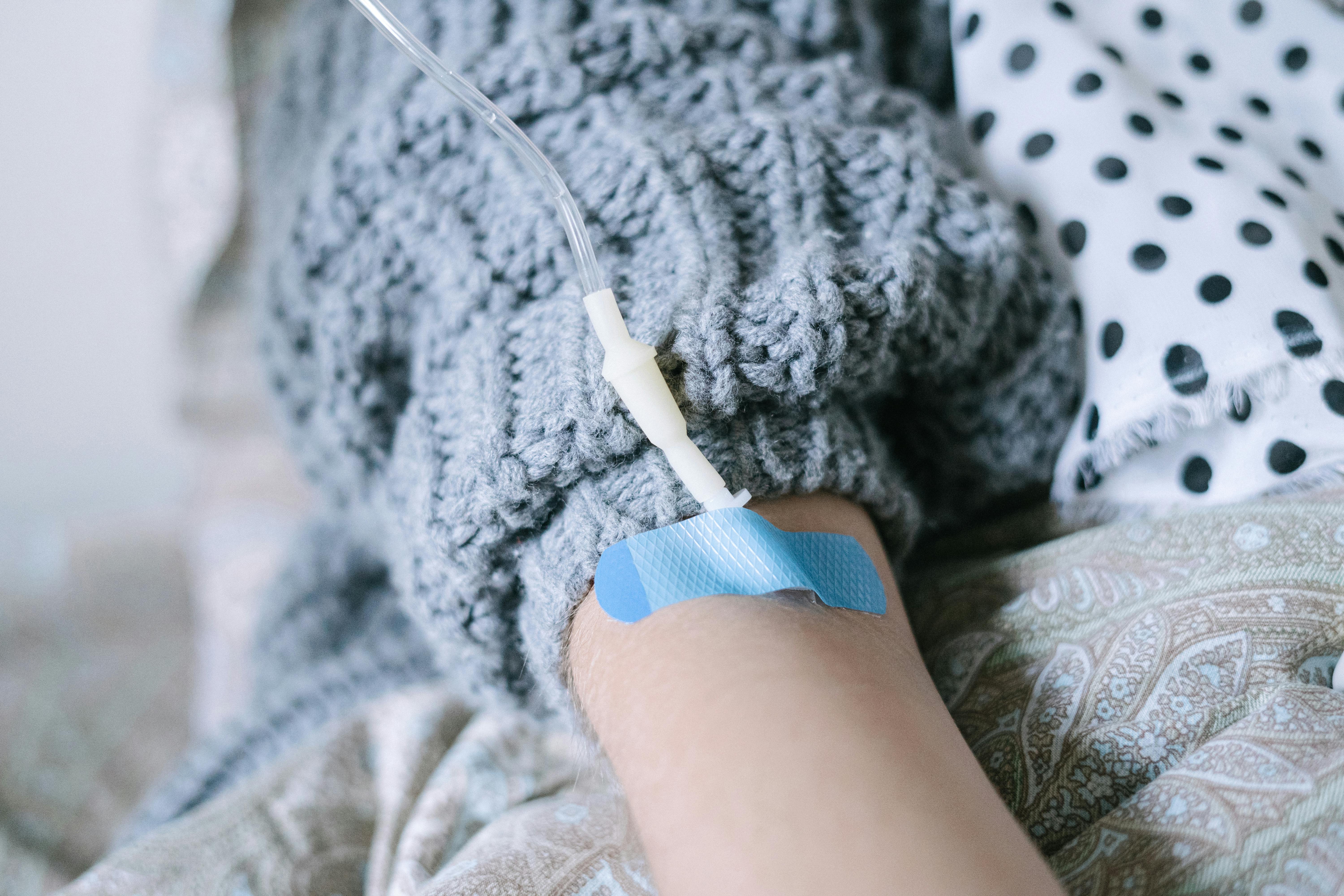Scalp eczema, also known as seborrheic dermatitis, is a type of inflammation that causes oily, scaly patches to develop around the skin. Many of us will confuse this variety of eczema with dandruff due to the flaking of the skin tissue on the scalp. People suffering from this problem usually feel uncomfortable because it is very difficult to cover the affected region.
Various signs and symptoms are of this particular problem. Although the symptoms are probably not exactly the same in two people, the most well-known types are itching, burning sensation, irritation, redness, lesions, sore spots, oily scalp, and baldness caused by frequent scratching of the affected area.
Whenever babies are affected by this problem, it is called milk crust. It is temporary, non-infectious and non-threatening to health. There may be symptoms such as an excess of dark skin that may appear crusty and thick. Families should not stress when they find their little ones with signs and symptoms of milk crust. They should be aware that the condition is not harmful and is not hypersensitive either. On the other hand, we must prevent children from damaging their scalp because the more they scratch it; the greater the damage to the afflicted party. Scratching can also cause bleeding and consequently minor bacterial contamination.
Although the main reason for the disorder is not understood, it is believed to be the result of an overproduction of oil in the skin and an aggravation from a variety of fungi known as malassezia. Doctors have found that this problem can be passed down through genetics. Some other likely causes include neural conditions such as stroke, Parkinson’s disease, and head injuries. HIV has been shown to increase the chances of having the problem.
There are a lot of things that can increase the chance of having the condition. Such factors include skin disorders, infrequent shampooing, stress, oily skin, harsh weather conditions, bacterial contamination, fatigue, hormonal instability, and obesity.
Hair and skin products that include active ingredients such as ketoconazole, corticosteroids, and selenium are often helpful in remedying it. Going an extra step to separate the hair into small areas to wash and gently rub is more beneficial.
Different types of treatments include the use of natural oils such as lavender oil, olive oil, flax seed oil, hemp oil, and tea tree oil. It has recently been shown that there is a connection between scalp eczema and yeast. For this reason, patients are suggested to stay away from refined sugars, saturated sugars, and bread products. Eating healthy can help resolve the condition.



